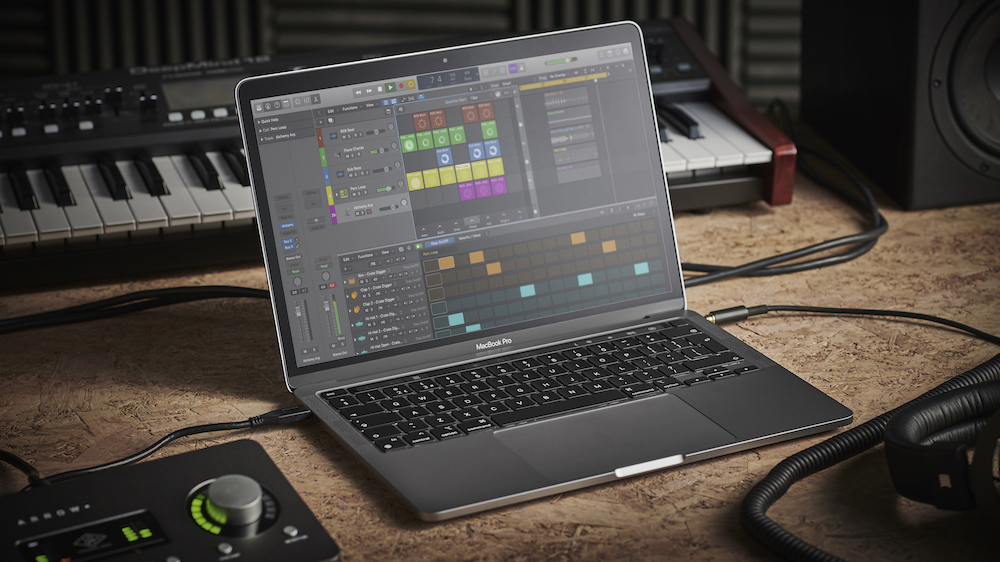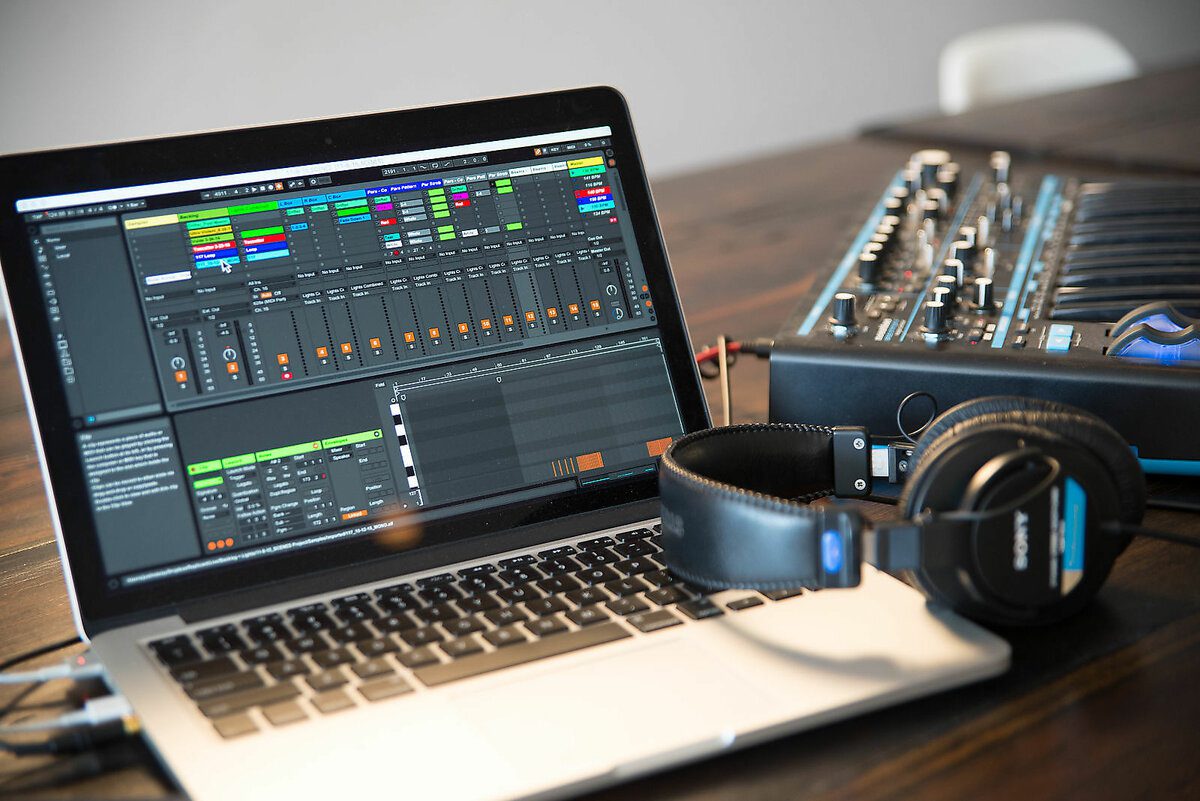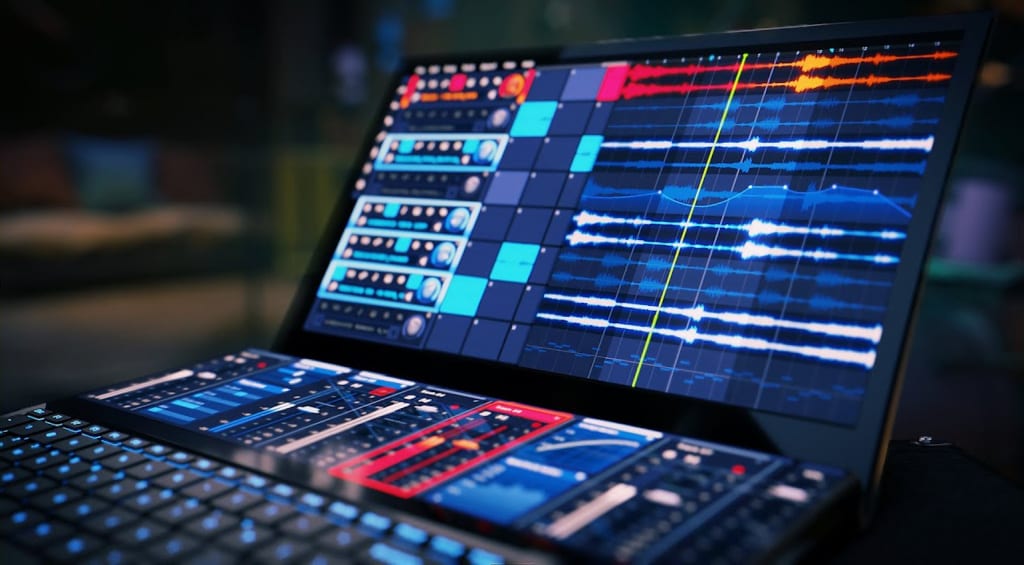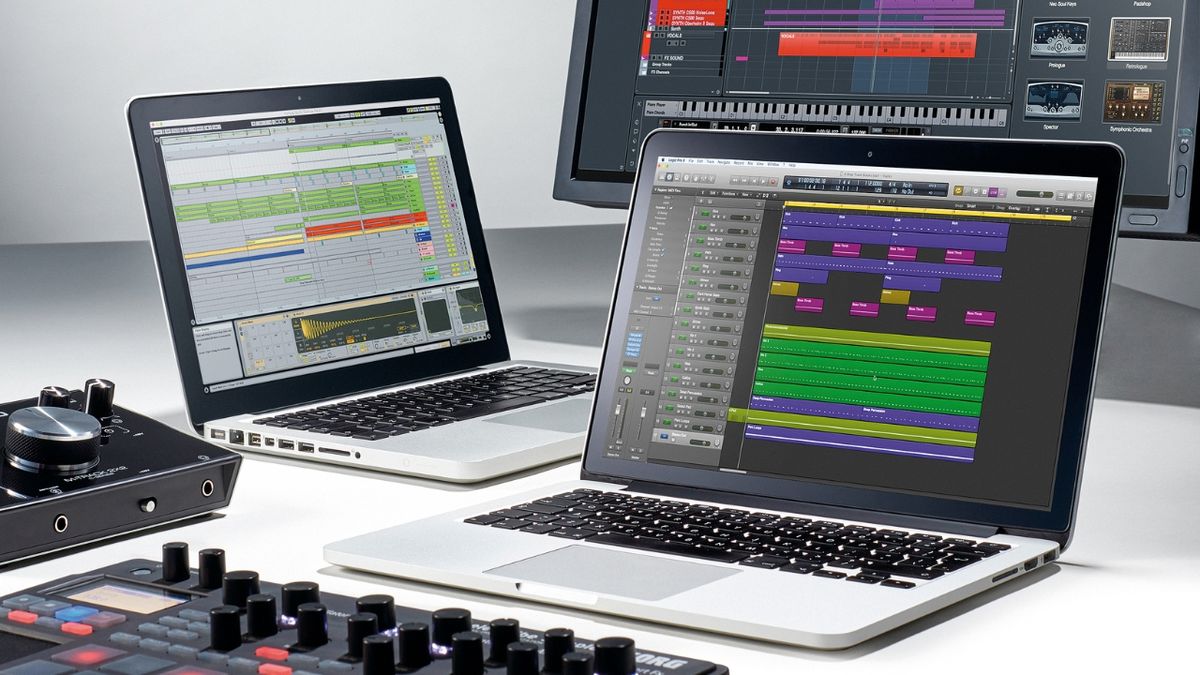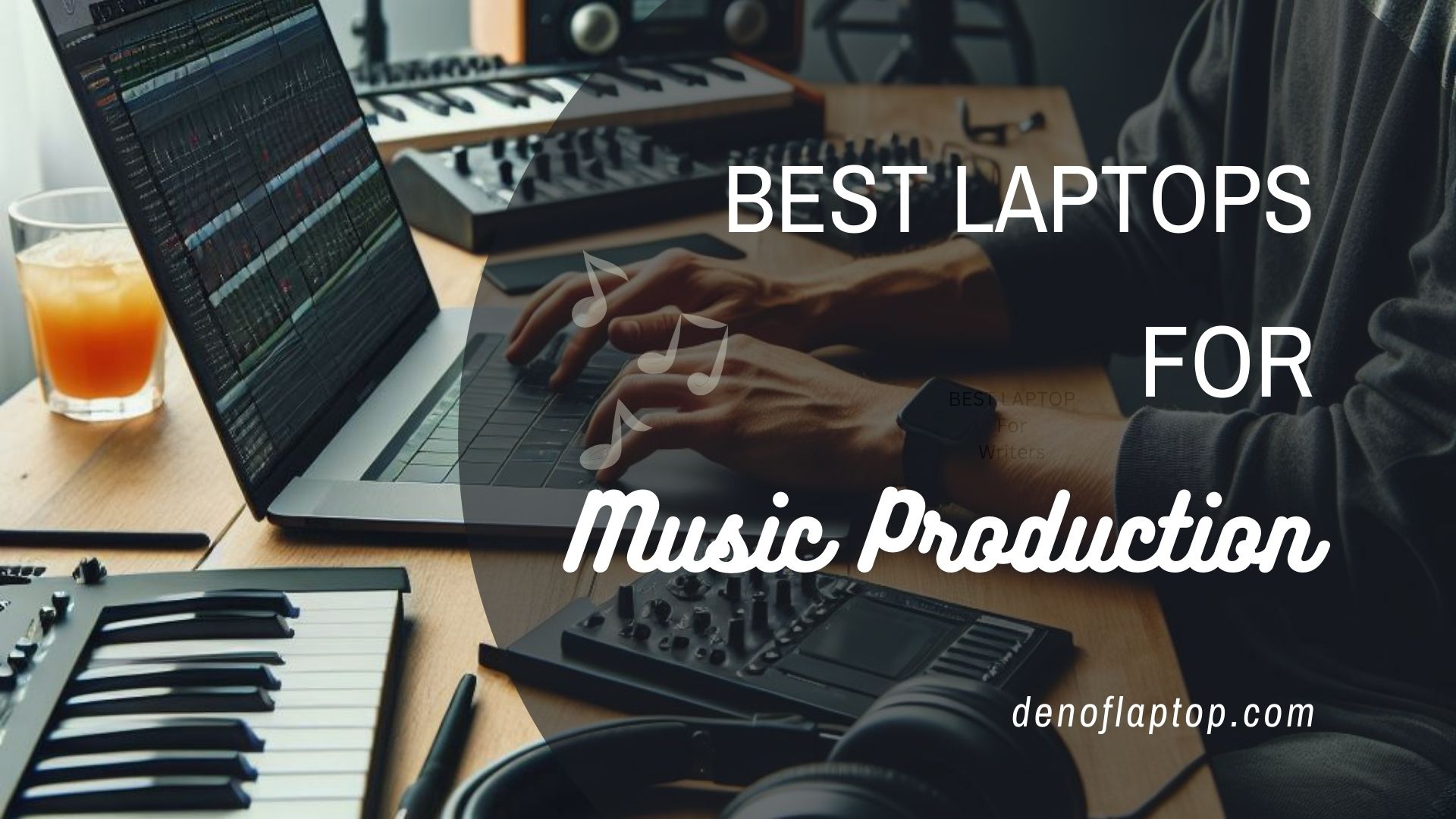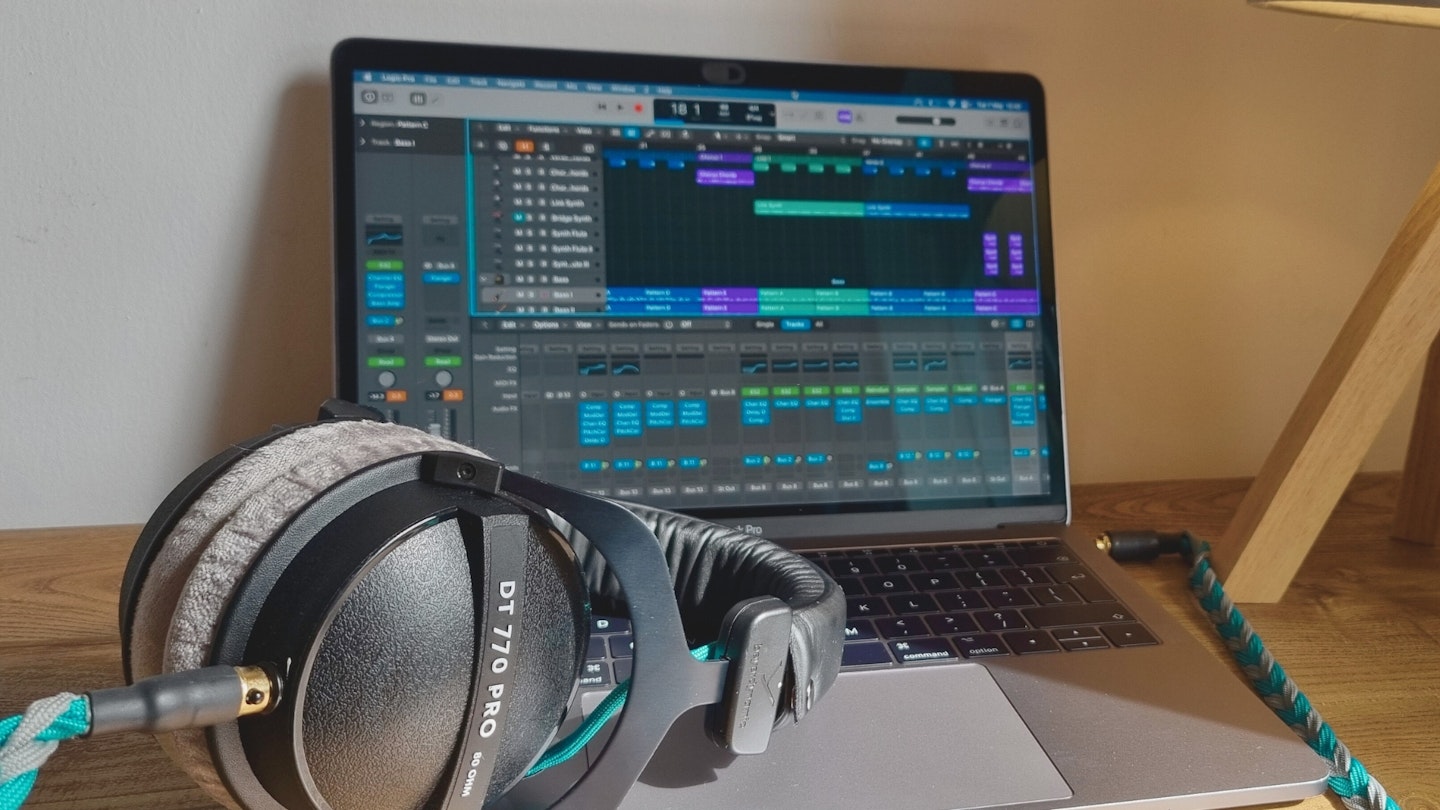What To Look For In A Laptop For Music Production

So, you're ready to ditch that potato you call a computer and finally lay down some tracks? But your wallet's thinner than a midi cable? You're in the right place.
This guide is for the aspiring producer, the bedroom beatmaker, the musician on a mission – but also on a *tight* budget. We’re going to dissect what truly matters in a laptop for music production, so you can maximize bang for your buck.
Why a Decent Laptop Matters (Even on a Budget)
Forget lag-induced frustration. A capable laptop prevents glitches, crashes, and the dreaded spinning wheel of doom. It allows you to focus on what's important: creating killer music.
Imagine trying to compose a symphony on a calculator. That's what it's like producing with underpowered hardware.
Key Specs to Scrutinize (Without Breaking the Bank)
Processor (CPU): The Brain of the Operation
Aim for at least an Intel Core i5 or an AMD Ryzen 5. These processors offer a decent balance of power and affordability. Older generations are fine too, if you can find a great deal!
More cores and higher clock speeds mean smoother handling of demanding DAWs (Digital Audio Workstations) and plugins.
RAM: Memory is Your Friend
8GB of RAM is the absolute minimum; 16GB is highly recommended for larger projects. Running multiple virtual instruments and plugins simultaneously eats up memory quickly.
Upgrading RAM later is often possible (but not always!), so factor that into your decision.
Storage: SSD is Non-Negotiable
A solid-state drive (SSD) is essential for fast boot times, quick loading of samples, and overall responsiveness. A 256GB SSD is a good starting point, but 512GB is ideal.
Consider an external hard drive for storing samples and project files if you go with a smaller SSD. Speed is king.
Display: Don't Strain Your Eyes
A 15-inch display is generally preferred for music production, offering more screen real estate for arranging tracks and tweaking parameters. Resolution should be at least 1920x1080 (Full HD).
While not essential, an IPS display provides better color accuracy and viewing angles.
Ports: Connectivity is Crucial
Make sure the laptop has enough USB ports for your audio interface, MIDI keyboard, and other peripherals. USB 3.0 (or faster) is a must.
A Thunderbolt port is a bonus, offering incredibly fast data transfer speeds for external storage and audio interfaces.
Budget-Friendly Laptop Shortlist
The Rock-Bottom Budget: Used Laptops (ThinkPads, Dells)
Refurbished business laptops like Lenovo ThinkPads or Dell Latitudes can be absolute steals. Look for models with an Intel Core i5 or i7 processor (at least 4th generation), upgrade the RAM to 8GB or 16GB, and swap out the hard drive for an SSD.
They're built like tanks and can handle surprisingly complex projects. The downside? They won't win any beauty contests.
The Sweet Spot: Acer Aspire, HP Pavilion
These laptops offer a good balance of performance, features, and price. Look for configurations with an AMD Ryzen 5 or Intel Core i5 processor, 8GB or 16GB of RAM, and a 256GB or 512GB SSD.
Keep an eye out for sales and discounts to maximize your savings.
The "I Splurged a Little" Option: MacBook Air (M1 or M2)
If you can stretch your budget, the Apple MacBook Air (M1 or M2 chip) offers incredible performance and battery life for music production. The M1 chip in particular is a game-changer for its price point.
Even the base model is surprisingly capable, but consider upgrading the RAM to 16GB if possible.
Detailed Reviews
Refurbished Lenovo ThinkPad T480
Pros: Extremely durable, upgradable RAM and storage, excellent keyboard. Cons: Not the prettiest, battery life can vary.
Ideal for musicians who prioritize reliability and affordability over aesthetics.
Acer Aspire 5 (Ryzen 5 Model)
Pros: Good performance for the price, decent display, relatively lightweight. Cons: Plastic build, can get a bit noisy under heavy load.
A solid all-around option for beginners and intermediate producers.
Apple MacBook Air (M1)
Pros: Blazing fast performance, incredible battery life, silent operation. Cons: Limited port selection, RAM is not upgradable, macOS learning curve (if you're coming from Windows).
Worth the investment if you can afford it, especially if you're already in the Apple ecosystem.
Side-by-Side Specs Table
| Laptop | CPU | RAM | Storage | Price (Approx.) | Performance Score (out of 10) |
|---|---|---|---|---|---|
| Lenovo ThinkPad T480 (Refurbished) | Intel Core i5-8250U | 8GB (Upgradeable) | 256GB SSD | $300 - $400 | 7 |
| Acer Aspire 5 (Ryzen 5 5500U) | AMD Ryzen 5 5500U | 8GB (Upgradeable) | 512GB SSD | $500 - $600 | 8 |
| Apple MacBook Air (M1) | Apple M1 | 8GB | 256GB SSD | $800 - $900 | 9 |
Customer Satisfaction Survey Data
Based on user reviews and surveys:
- Lenovo ThinkPad T480: 85% satisfaction rate, praised for reliability and value.
- Acer Aspire 5: 80% satisfaction rate, appreciated for its balance of performance and price.
- Apple MacBook Air (M1): 95% satisfaction rate, loved for its speed and battery life.
Maintenance Cost Projections
Lenovo ThinkPad T480: Low maintenance costs. Parts are readily available and affordable.
Acer Aspire 5: Moderate maintenance costs. Repair costs are generally reasonable.
Apple MacBook Air (M1): Higher maintenance costs. Repairs can be expensive, especially for screen or logic board issues. AppleCare+ is recommended.
Key Takeaways
Don't overspend on features you don't need. Focus on the CPU, RAM, and storage. An SSD is a must.
Consider buying used or refurbished to save money. Upgrade components (RAM, SSD) yourself if possible.
Read reviews and compare specs carefully before making a decision.
Prioritize reliability over aesthetics. A workhorse laptop that gets the job done is better than a flashy machine that constantly crashes.
Time to Make Some Noise!
Now that you're armed with this knowledge, go forth and find the perfect budget-friendly laptop for your music production needs. Don't be afraid to haggle, compare prices, and do your research. Happy producing!
Click here to check out today's deals on refurbished laptops!
Frequently Asked Questions (FAQ)
Q: Can I produce music on a Chromebook?
A: While some web-based DAWs are available, Chromebooks generally lack the processing power and storage for serious music production. They are not recommended.
Q: How much RAM do I *really* need?
A: 8GB is the bare minimum, but 16GB is highly recommended, especially if you use a lot of virtual instruments or large sample libraries.
Q: Is it better to have a faster processor or more RAM?
A: Both are important, but if you have to choose, prioritize RAM. A faster processor won't help if your computer is constantly running out of memory.
Q: What's the best DAW for a beginner on a budget?
A: Cakewalk by BandLab is a free, full-featured DAW that's a great option for beginners. GarageBand (for macOS) is also a good choice.
Q: Can I use an external hard drive for my DAW?
A: Yes, but make sure it's a fast drive (preferably an SSD) connected via USB 3.0 or Thunderbolt.
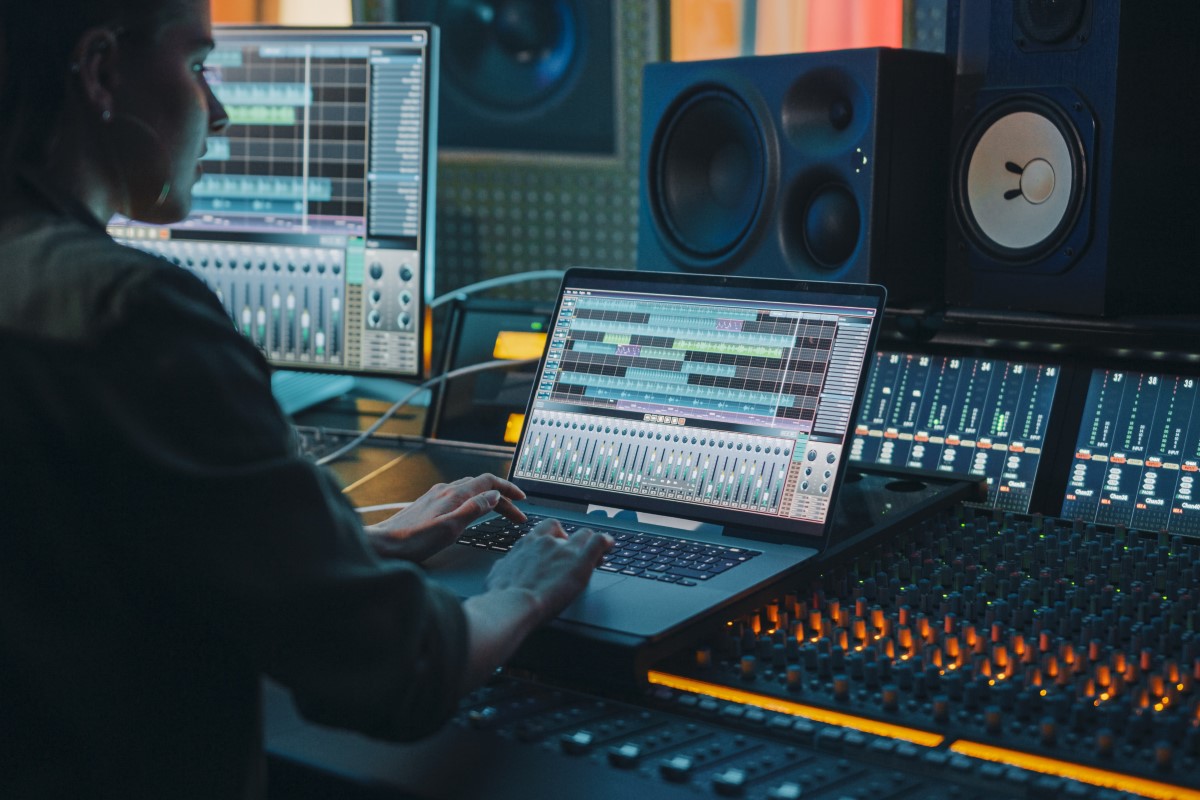

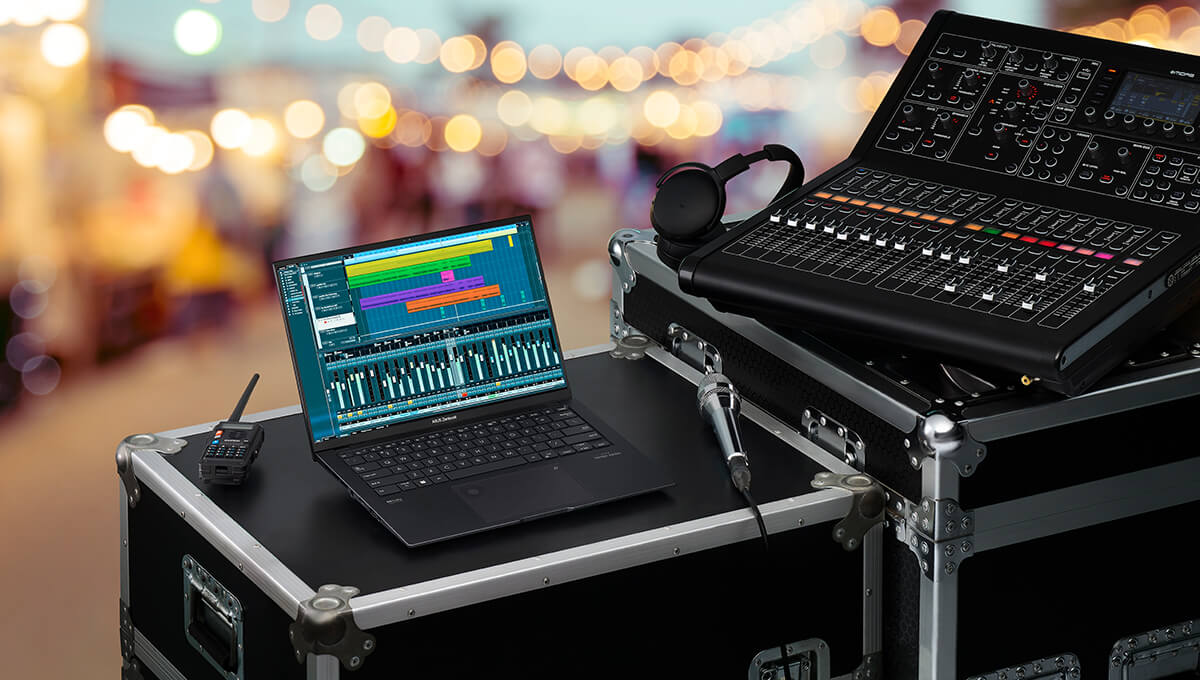



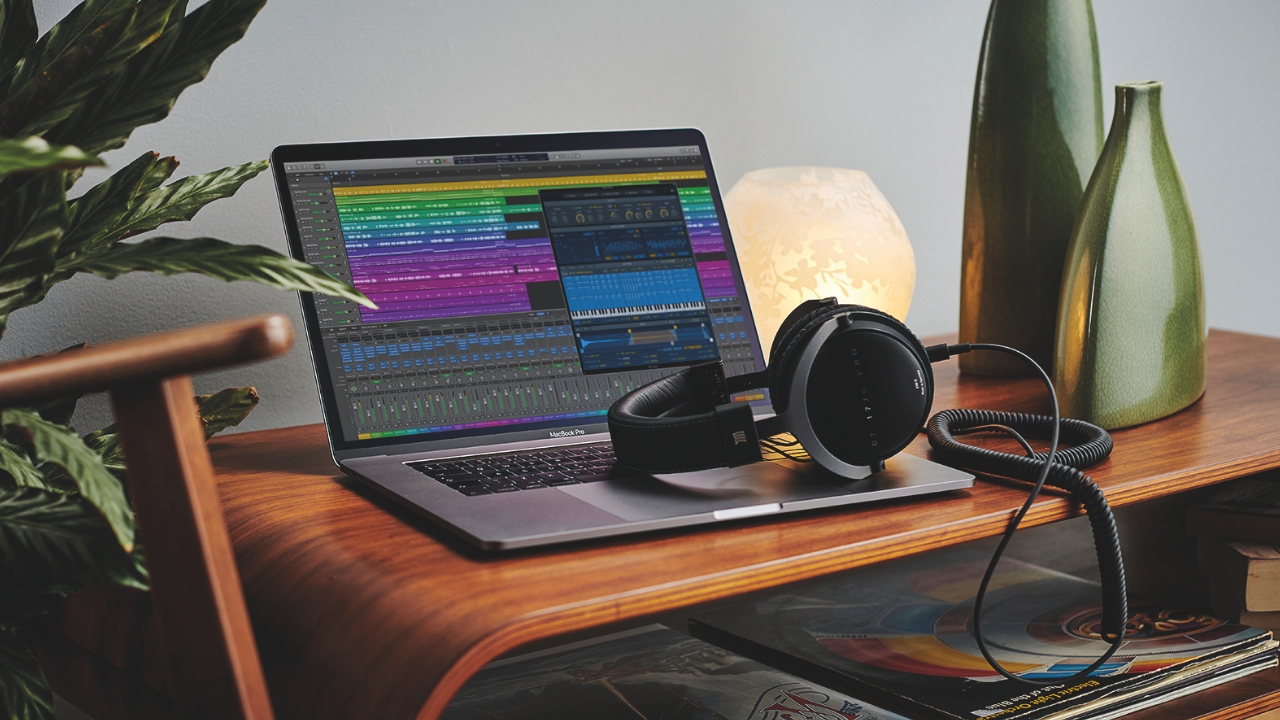
![What To Look For In A Laptop For Music Production Best laptop for music production [2022 Edition] | Audio Buzz](https://www.audiobuzz.com/wp-content/uploads/2022/05/best-laptops-for-music-production-1.jpg)

